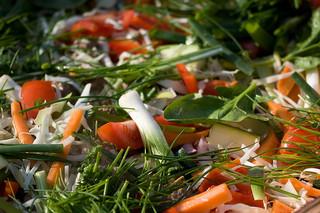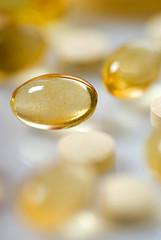Things to Look For in a Healthy Diet Plan

Eating and being healthy does not necessarily mean starving yourself or keeping off the foods that you love. You can have it all but in moderation. It is advisable to keep track of what you are eating, and the calories contained in your healthy diet plan.
It is important to know the calories that your body needs for the day in order to keep you healthy. It is after you figure out your daily calorie requirement that you can now plan the type and amount of food that you are going to eat. All this depends with your weight, if you are over weight, then you will require require calories and will need to stay away from fatty, acidic foods and vice versa.
After getting the target calories that your body needs, you will be properly guided in to the correct food portions and sizes that you require. Remember that you will need more food in the morning in order to boost your metabolism then smaller portions through out the day.
Proteins are considered to be the building blocks of life. With proteins, your body is able to repair and rebuild itself. The best thing about proteins is that it doesn't clash with your lifestyle so vegetarian or not, you can consume proteins. Proteins can be found in; milk, meat, soya, tofu, nuts, grains and eggs.
Vitamins are one of the most important nutrients in a diet. They are very important in the metabolic process whereby they transform the food you eat in to energy. They also play a role in flashing out harmful toxins from the body leaving your body clean and functional. You could get vitamins from fruits and vegetables.
Calcium is responsible for healthy bones and teeth. Weak bones can lead to serious conditions like limb disability. Calcium can be found in foods such as; dairy products, some beans like kidney and black eyed beans and vegetables like celery, broccoli, green beans and summer squash.
Carbohydrates are the body's main source of energy and fuel. It is also important to note that this is the only form of energy used by the brain. It is, however, important to go for healthy carbohydrates like whole grains, fruits, vegetables and beans.
Healthy fats and oils are important in your diet as they are responsible for nourishing your cells, heart, brain, hair and nails. This can be found in plants and seeds like the sunflower, olives, peanuts and avocados and also animals like fish that produces the omega 3 and 6.

All diets should include plenty of water to flash out waste products, aid digestion, regulate your body temperature and is also responsible for healthy skin. Dehydration can be damaging for both your internal and external organs.
Sugar can be both healthy and harmful for your body is not taken in wisely. The body needs sugar for energy to get through the day but harmful sugars might pose health problems for you. It is advisable to consume food that has natural sugars like fruits and vegetables and avoid bad, processed sugary foods like sodas, cakes, ice cream and such. Every once in a while we get cravings but sweet, natural foods like fruits will get rid if the cravings in a healthy way.
Salt is important in food as it prevents conditions like goiter. Too much salt in your diet can pose life threatening diseases like high blood pressure so it is advisable to steer away from salty foods unnecessarily. Processes foods are known for high salt content and eventually cause these diseases. It is advisable to use sea salt instead of processed salts and also avoid adding more salt on food at the table but instead use enough while cooking.
Read: Easy Tips for Planning a Healthy Diet and Sticking to it

